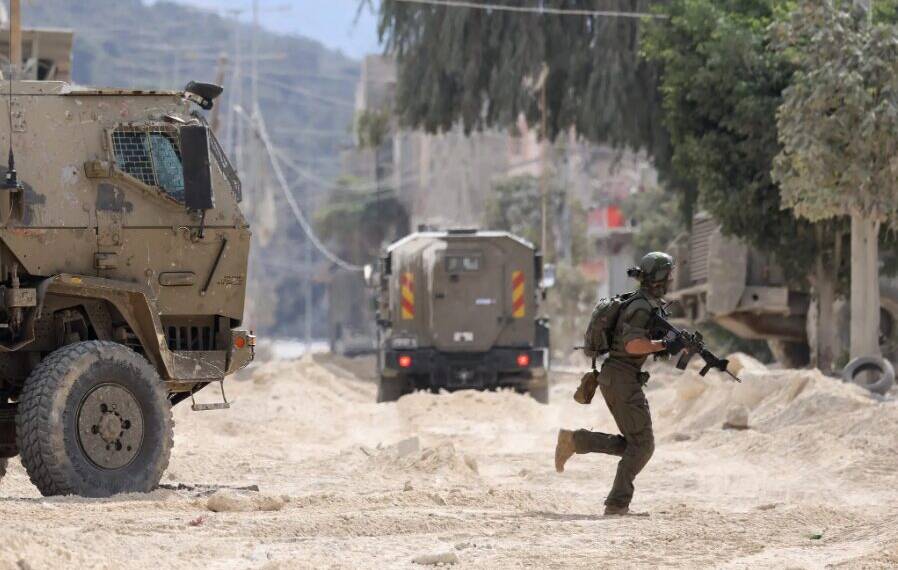In recent days, a significant escalation has unfolded in the West Bank as Israeli military forces launch a comprehensive counterterrorism operation, resulting in the deaths of at least 11 Palestinians. This operation, which has seen strikes in multiple cities including Jenin, Tulkarm, Nablus, and Tubas, represents one of the most extensive Israeli actions in the region since the Second Intifada, a major Palestinian uprising from 2000 to 2005.
The Israeli Defense Forces (IDF) have described their actions as necessary to thwart terror threats, particularly from groups backed by Iran, such as Hamas and Palestinian Islamic Jihad. Israeli Foreign Minister Israel Katz has been vocal about the operation’s objectives, accusing Iran of seeking to establish a new front against Israel. Katz emphasized that the operation aimed to dismantle what he described as Iranian-Islamic terror infrastructures in the West Bank.
The IDF’s operation involved air strikes, drone strikes, and ground clashes, with reports of significant destruction and disruption. For instance, five Palestinians were reportedly killed in an air strike on the al-Far’a refugee camp, while six others died in drone strikes and subsequent clashes in Jenin. The situation has been further exacerbated by the closure of main roads into Jenin and restrictions placed on hospitals in the region.
This military action has elicited strong responses from international bodies and world leaders. The United Nations has called for restraint and an immediate ceasefire, urging both parties to avoid further escalation and protect civilians. UN Secretary-General António Guterres has expressed concern over the rising casualties and the humanitarian impact on the Palestinian population. He has reiterated the importance of a peaceful resolution to the conflict and adherence to international law.
The European Union has similarly condemned the violence and urged Israel to ensure that its operations comply with humanitarian standards. EU foreign affairs chief Josep Borrell has emphasized the need for a renewed commitment to the two-state solution and called on both sides to return to negotiations.
The operation has also sparked reactions from various human rights organizations, which have criticized the disproportionate use of force and the humanitarian impact on Palestinian civilians. Amnesty International and Human Rights Watch have both highlighted concerns over potential violations of international law and the dire conditions faced by Palestinians in the affected areas.
The current events in the West Bank illustrate the profound and tragic consequences of ongoing conflict. As Israeli forces continue their operation, the international community remains engaged in advocating for peace and addressing the humanitarian crisis unfolding in the region. The cycle of violence and retaliation underscores the urgent need for a durable and just resolution to the Israeli-Palestinian conflict.








